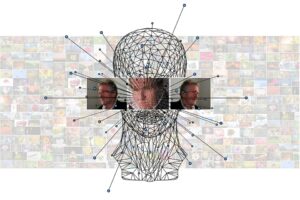
The Future of Business: How Machine Learning is Changing the Game
The future of business is rapidly evolving, and one of the key driving forces behind this transformation is machine learning. Machine learning is a subset

The future of business is rapidly evolving, and one of the key driving forces behind this transformation is machine learning. Machine learning is a subset

San Francisco, CA, March 22, 2024 –(PR.com)– Ngram, a pioneering generative AI company in the life sciences industry, today announced the release of its medchat-qa-descriptive dataset

Los Angeles, CA, March 14, 2024 –(PR.com)– In response to the evolving demands of leadership in our rapidly changing world, Author Ms. Nicky Dare, a renowned

Houston, TX, March 31, 2023 –(PR.com)– The customers need for a growth capital solution required the ability to finance cash payments for inventory being manufactured overseas

Houston, TX, December 30, 2023 –(PR.com)– The customer, a global technologies and materials group, that facilitates nano materials into next generation of commercial technologies and industrial